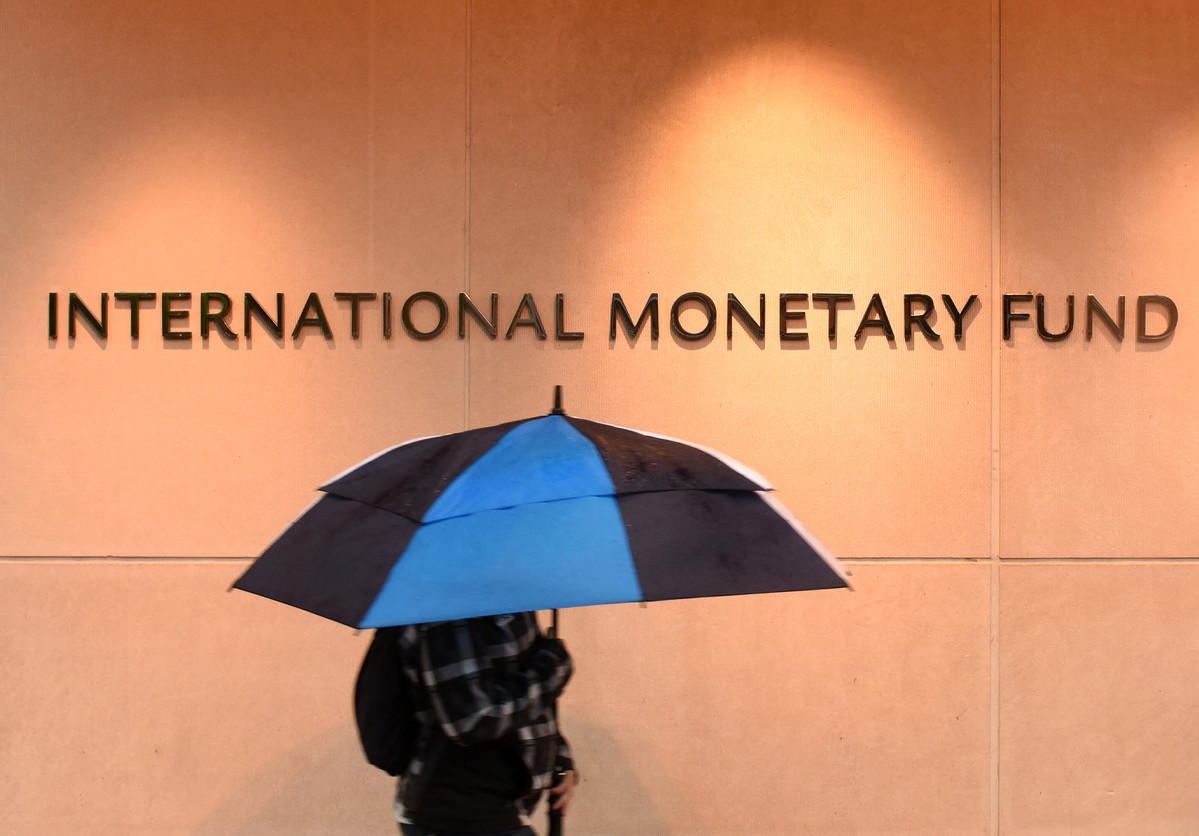IMF downgrades global growth outlook


The International Monetary Fund has further downgraded its expectations for world economic growth to 3 percent for 2019, the slowest pace since the global financial crisis. It calls for policymakers to undo trade barriers through durable agreements, rein in geopolitical tensions and reduce domestic policy uncertainty.
The forecast and suggestions were made in the quarterly World Economic Outlook update the IMF released on Tuesday at the opening of the annual IMF/World Bank meetings.
"Such actions can help boost confidence and reinvigorate investment, manufacturing, and trade," Gita Gopinath, economic counselor and director of the Research Department of IMF, said at a news conference on the release of the outlook.
She said that global growth continues to be weakened by rising trade barriers and increasing geopolitical tensions. As a result, the IMF's forecast for the 2019 world economic growth is 0.3 percentage points lower than the April World Economic Outlook.
"At 3 percent growth, there is no room for policy mistakes and an urgent need for policymakers to support growth," she said.
The outlook trimmed growth projection for both China and the US, which have been locked in a trade war since early last year that is hurting business sentiment and confidence globally.
China's economy is expected to grow at 6.1 percent this year, 0.1 percentage point lower than the July prediction, while the US economy will grow 2.4 percent in 2019, down by 0.2 percentage points compared with the IMF's July forecast.
The two countries have reported "substantial progress" in a new round of trade talks last week in Washington.
"We welcome any step to de-escalate tensions and to roll back recent trade measures, particularly if they can provide a path towards a comprehensive and lasting deal," Gopinath said.
If all the tariffs placed by the world's top two economies in 2018 and 2019 were to be removed, that would give a boost to the level of global GDP by 0.8 percent by the end of 2020, she said.
The IMF also has downgraded growth for Hong Kong, citing "social unrest" as a factor. The Hong Kong Special Administrative Region's GDP is forecast to grow at 0.3 percent for 2019, compared with 2.7 percent it was forecast in IMF's World Economic Outlook in April.
"We have actually had a significant revision down for growth in Hong Kong in 2019. We expect some recovery in 2020," said Gopinath.
For next year, Hong Kong's economy is projected to grow at 1.5 percent, which is half of last year's level.
"It is a combination of the trade tensions, the slowdown in trade, but also the slowing down, the structural slowdown in China," she said. "It is also an outcome of the social unrest. We have seen declines in tourism, for instance, and in retail sales, but we expect there to be a recovery from Hong Kong going forward."
In answering a China Daily question regarding the impact of the sharp decline in foreign direct investment (FDI) on the global economy, Gian Maria Milesi-Ferretti, deputy director of IMF's Research Department, said shrinkage of FDI among major economies last year occurred in green field investment, and mergers and acquisitions.
"The potential for increased fragmentation to reduce the efficiency of production, to reduce productivity growth, is there," he said. "It is one of the major concerns we have in regard to an increase in trade and investment barriers."
Zhang Tao, deputy managing director of IMF, said the global economy is in a synchronized slowdown, because slower growth is expected in more than 80 percent of the world this year.
"This does not necessarily mean a recession for the world economy in 2019," Zhang told reporters. "We project global growth to rise to 3.4 percent in 2020, though this recovery is not broad based and is precarious."
Zhang said countries need to reduce the trade policy uncertainty that is damaging investment and demand for capital goods. They also need to ramp up negotiations so as to reach broad consensus in easing the trade tensions.



































